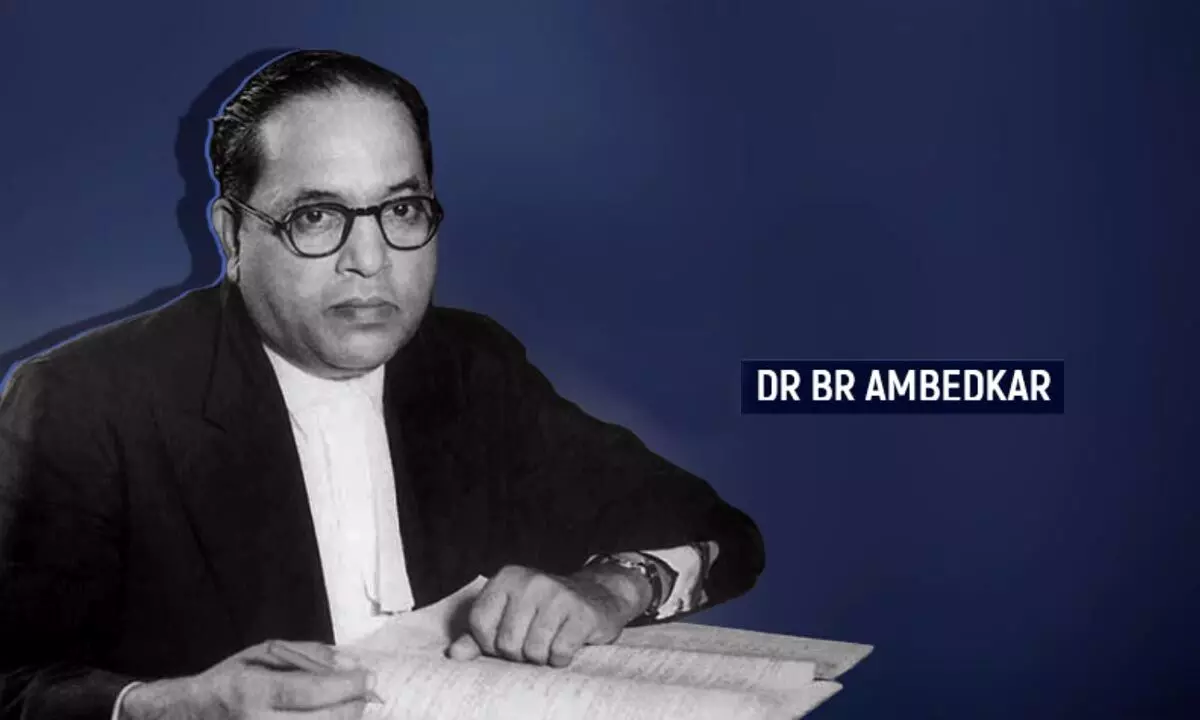BHIMRAO RAMJI AMBEDKAR. Great Son of India

Bhimrao Ramji Ambedkar was an Indian jurist, economist, social reformer and political leader who headed the committee drafting the Constitution of India. He was also in the first cabinet of Jawaharlal Nehru, and inspired the Dalit Buddhist movement after renouncing Hinduism.
Bhimrao Ramji Ambedkar was an Indian jurist, economist, social reformer and political leader who headed the committee drafting the Constitution of India. He was also in the first cabinet of Jawaharlal Nehru, and inspired the Dalit Buddhist movement after renouncing Hinduism. Ambedkar graduated from Elphinstone College, University of Bombay, and studied economics at Columbia University and the London School of Economics.
Bhimrao Ambedkar was born on 14 April 1891 in Madhya Pradesh. He was the fourteenth child of his parents. Ambedkar's father Ramji was a Subedar in the Indian Army and posted at Mhow cantonment, MP. Ambedkar had to face severe discriminations from every corner of the society as his parents hailed from the Hindu Mahar caste. The Mahar caste was viewed as "untouchable" by the upper class.
The discrimination and humiliation haunted Ambedkar even at the Army school, run by British government. Discrimination followed wherever he went. In 1908, Ambedkar went to study at the Elphinstone College, Mumbai. Ambedkar obtained a scholarship of twenty five rupees a month from the Gayakwad ruler of Baroda, Sayaji Rao III.
He graduated in Political Science and Economics from the Bombay University in 1912. Ambedkar went to the USA for higher studies.
His later life was marked by his political activities. He was involved in
campaigning and negotiations for India's independence, publishing journals, advocating political rights and social freedom for Dalits, and contributing significantly to the establishment of the state of India. In 1956
In 1936, Ambedkar founded the Independent Labour Party, contested the 1937
Bombay election to the Central Legislative Assembly for the reserved and 4 general seats, and secured 11 and 3 seats respectively.
Ambedkar also fought against the khoti system prevalent in Konkan, where khots, or government revenue collectors, regularly exploited farmers and tenants. In 1937, Ambedkar tabled a bill in the Bombay Legislative Assembly aimed at abolishing the khoti system by creating a direct relationship between government and farmers,
India's highest civilian award, Bharat Ratna, was posthumously conferred on him in 1990.

